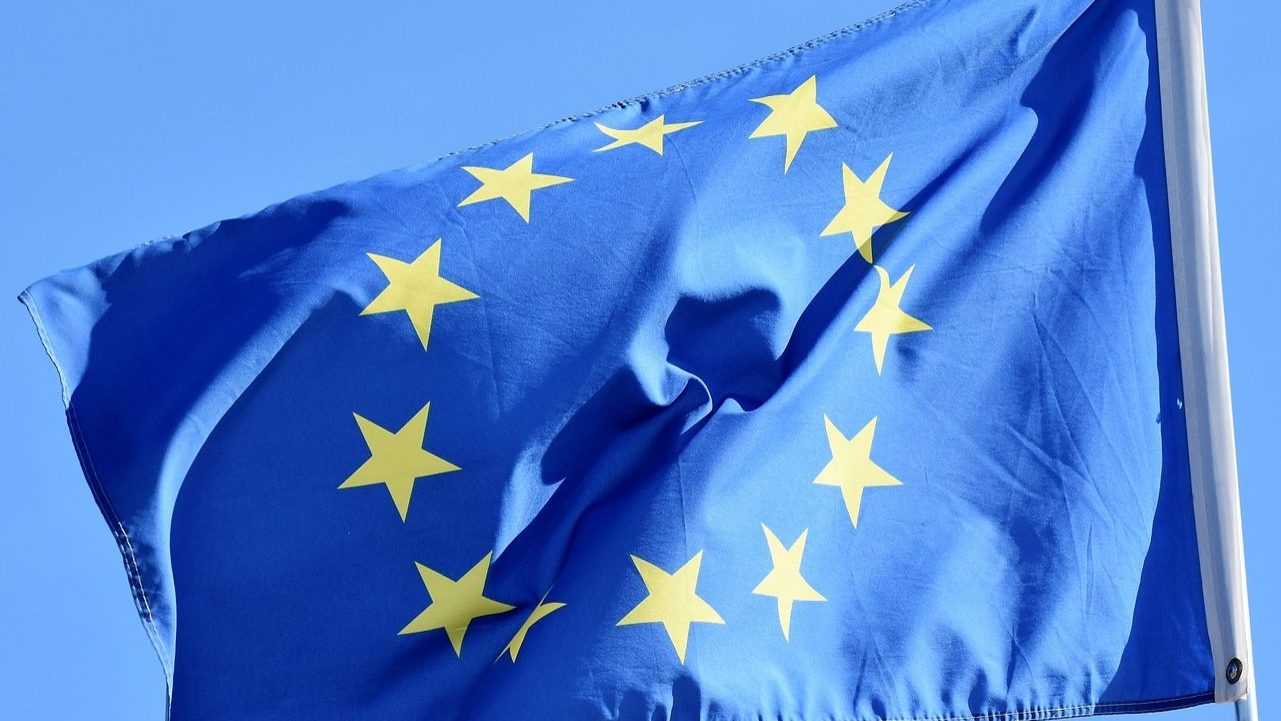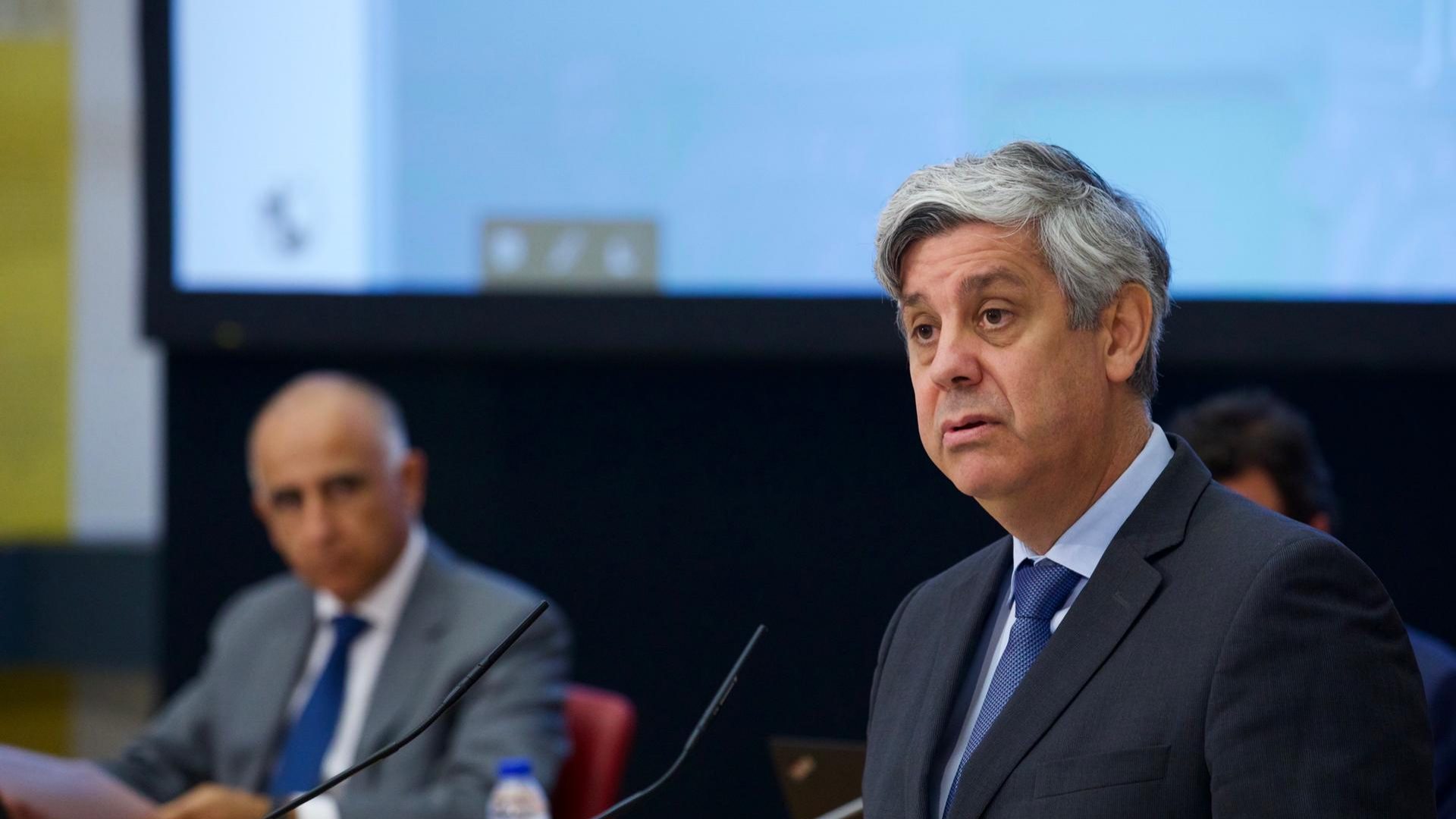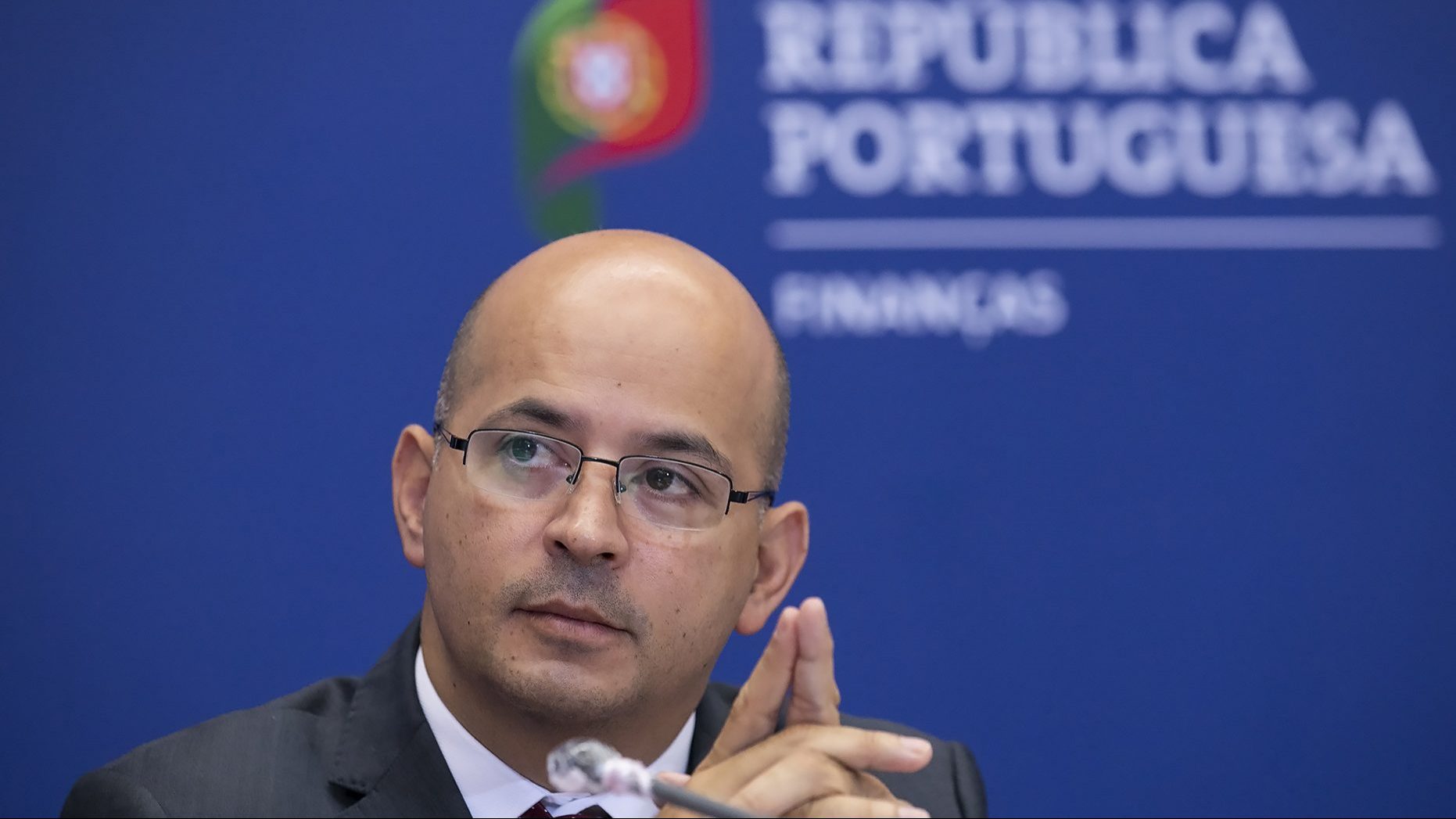Portugal is ‘far short of official development aid target’
According to Concord, the country increased its development aid by 4.1% in 2020, which remains at 0.16% of Gross National Income (GNI), falling "far short" of the target.
Portugal increased its development aid by “only” 4.1% in 2020, which remains at 0.16% of Gross National Income (GNI), falling “far short” of the target, according to a report published on Wednesday by Concord.
According to “AidWatch 2021”, from the network of NGOs, “despite continuous pressure from civil society, the Portuguese government has not yet presented a plan to reverse the situation”.
Concord warns Portugal that there is “less than a decade” to achieve the goal of allocating 0.7% of GNI to Official Development Assistance (ODA) in 2030.
Overall, the network notes that the European Union is “a long way” from the desired path to achieve this goal.
Taking into account for the first time the pandemic, which hit Europe early last year, the report points out that official development assistance rose from 0.42% of EU member states’ combined GNI in 2019 to 0.50% in 2020, but stresses that “this increase should be seen in the context of a contracting economy due to the pandemic, which automatically increases development aid as a percentage of GNI.”
In fact, the report points out, there has been “a significant decrease” in aid in real terms, “as a result of the loss of one of the main donor member states”, the United Kingdom, which left the bloc on February 1, 2020.
The report specifies that EU GNI decreased by 4.7% in 2020, causing an increase in the ratio of official development assistance as a proportion of gross national income, when, “in real terms, ODA retreated from €75.4 billion in 2019 (€58.1 billion without the UK) to €63.9 billion in 2020.”
The paper admits, however, that “it is important to note that if the UK’s contribution to the 2019 ODA figures is discounted, in 2020 the EU-27 actually increased its spending by €5.8 billion in real terms, which is encouraging.”
“But as the economy recovers from the effects of the pandemic, GNI will increase once again, threatening the gains recorded in 2020 against the 0.7% commitment, unless there are further increases in official development assistance spending by EU member states in 2021 and beyond.”
The Concord network, therefore, calls on the EU institutions and the governments of the 27, having overcome the constraints caused by the pandemic, to “urgently address” the unsatisfactory trajectory towards the 2030 target and renew their commitment to international cooperation.
Concord has been monitoring the volume and quality of aid from the EU and its member states to developing countries through “AidWatch” since 2005.


